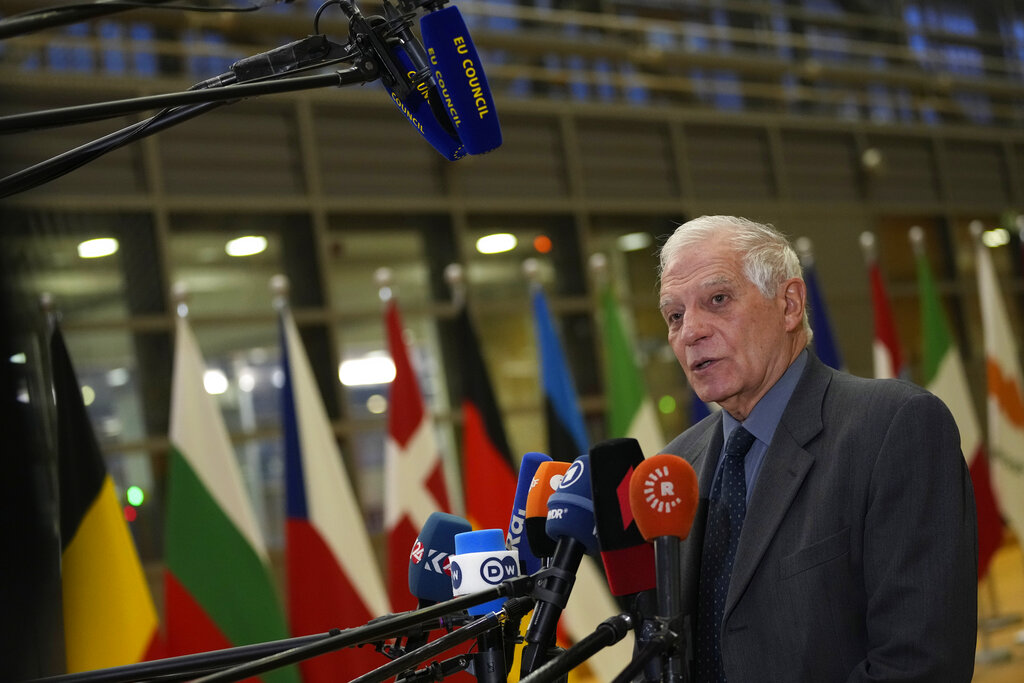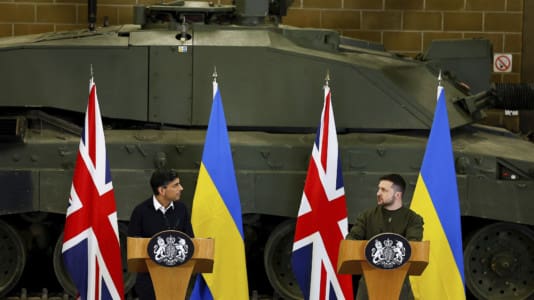The European Union’s foreign affairs representative, Josep Borrell, has announced that he will propose sanctions against the deliberate spread of misinformation across the bloc.
“I will propose a new mechanism that will allow us to sanction these malicious disinformation actors,” the Spanish socialist told a public conference on disinformation at the European Parliament on Tuesday.
“All our delegations will be equipped with experts on countering disinformation in many parts of the world in order to make our voice be heard better,” Borrell said in Brussels.
The war in Ukraine makes it “painfully clear” that the EU must take action against foreign attempts to influence opinion, he added.
“It is a matter of preventing the manipulation of societies,” he said, adding that Russian state media such as Russia Today “manipulate and mislead the Russian people about Moscow’s invasion of Ukraine.”
In this war, not only are buildings bombed, but also the consciousness of the Russian people, according to Borrell. “They are bombing their minds,” he said, referring to the influence of Russian mainstream media. The Eurocrat did not say what the sanctions would look like specifically, but suggested examples such as the freezing of private assets of responsible individuals, as well as banning them from traveling to the EU.
Borrell’s speech coincided with the release of the first Foreign Information Manipulation and Interference (FIMI) threats report produced by the European External Action Service (EEAS), the group responsible for intercepting disinformation. In the report, it was revealed that more than 100 disinformation incidents had been detected across the European bloc in the last quarter of 2022.
Russian influence was found in 88 cases, while disinformation originating from China appeared in 17 cases. The two countries were found to have operated jointly on five cases.
Examples found include material that shows Russian Foreign Minister Sergei Lavrov on trips to Africa, blaming Western sanctions for preventing Russia from exporting agricultural products to the region and whitewashing the fact that his country instigated the sanctions due to their invasion of Ukraine. With China, the Chinese state is understood to have paid several social media celebrities in the country to spread conspiracy theories seeking to counter the criticism China receives in the West about its record on human rights and rule of law.
While Russian disinformation primarily seeks to indoctrinate intended subjects with its own narrative, Chinese disinformation also attempts to suppress Western rhetoric that undermines the Chinese state.






